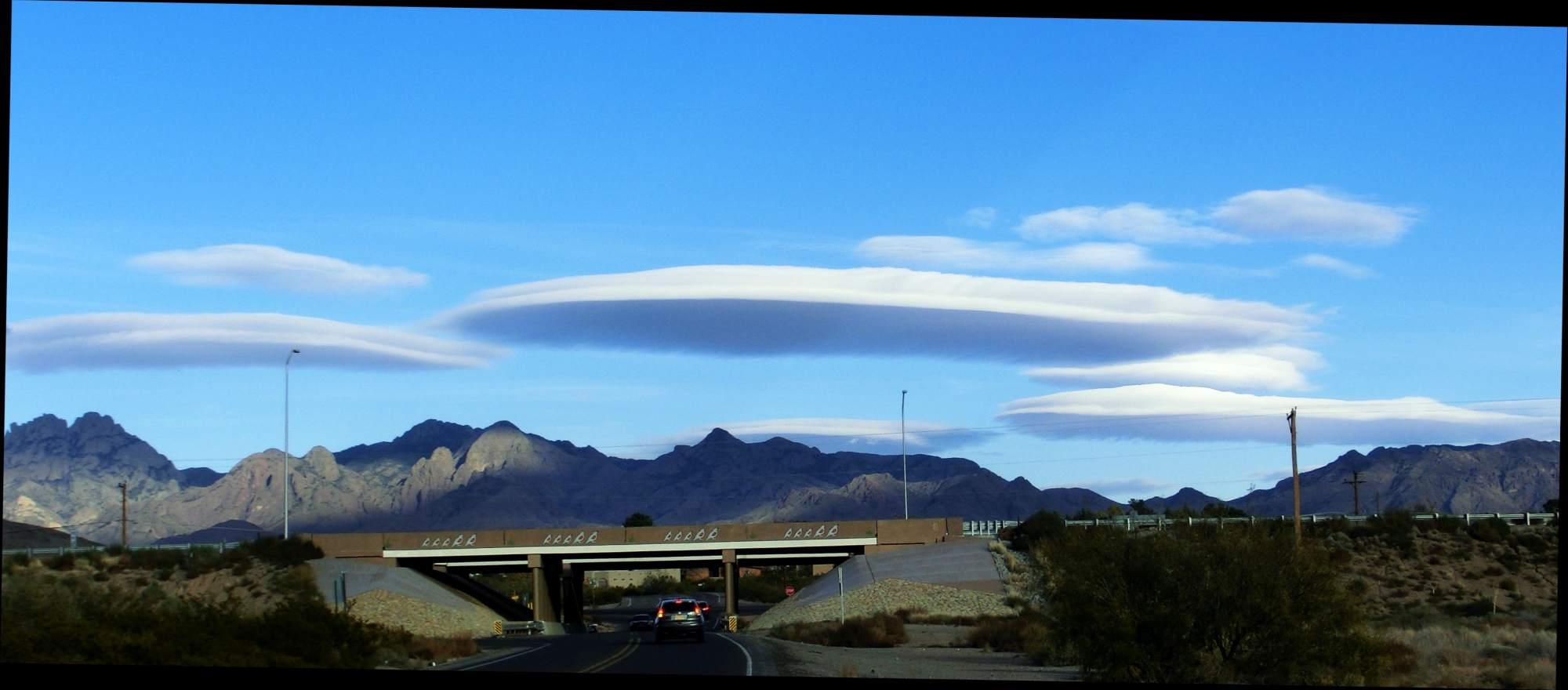Much content will be added here, on issues such as climate change, energy economies, resource availabilities, and AI impacts on society.
Biofuels – losing their luster. This is a soft target in policy, I admit. I’m not the first to point out the mixed impacts of biofuels, but I put together some analyses, starting in 1980 (BioScience 30:221, calling out Nobelist Melvin Calvin) and up to 2007, after which I hoped that the issue is moot (no more field crops for burnable biomass…and even high-tech algal cultures on arid land have really disappeared; Sapphire Energy in Las Cruces held on for about 10 years and is now dissolving). In sum, biofuels use vast amounts of land per unit of power produced, dwarfing strip mines, plus vast amounts of water compared to fossil-fuel cooling towers or solar panels; conversion of naturally vegetated land to biofuel crops can release great amounts of CO2 from decay of that vegetation; competition with food crops has led to severe food shortages in a number of nations. Let’s not overlook fertilizer use, involving fossil fuels for production (N fertilizers) and eutrophication of waterways and major river deltas from fertilizer runoff. Let me just put up a few links, one an extensive analysis on the site for my small consulting company, one a lengthy report (26 pp.) to a working group, and one a shorter personal essay. My views derive from my 50 publications and my sole-authored monograph touching upon plant photosynthesis, nutrient dynamics, water relations, and canopy fluxes.
One “wedge” to leverage our way out of climate change: liquid fluoride thorium reactors. I gave a presentation to the engineering group of the El Paso Electric Company in April, 1012. I’d add a few things now. First, even nuclear reactors demand an energy input, currently fossil fuel, to make steel and concrete, and a CO2 emission, also from concrete…. but it’s about 1/4 that from a fossil-fuel power plant. Also, China is gearing up to develop these, the US is falling behind, and the starter fuel is a bit problematic.
Water wedges. What do I mean by that? It’s my parallel, on water issues, to climate wedges, a concept of many ways to cut climate change, published in 2004 by Pacala and Socolow (Science 305: 968-962). I cover many issues, laying out supply and quality problems, effects of climate change, potential solutions (wedges), their costs, and determination of equitability.
A heady one, relevant to US job losses, salary slides, and trade policies. I’ve titled it US loss of claim on resources. It’s not finished, but key ideas are up front. Please take a look and comment on it. The US has depleted a number of its material resources or never had high-quality sources of some materials (e.g., platinum, niobium). Intellectual resources – how to build cars, how to make drugs, how to manage an economy – are no longer our “lock,” if they ever were. The secrets in these endeavors is not how to do them, but that they can be done. Nuclear weapons are an example – talented physicists in any nation can figure it out now that the possibility has been demonstrated; they can do this, with or without help from espionage. Industrial espionage for manufacturing methods is also not a sine qua non. We have to deal with the leveling of economies and find pragmatic and just ways of acting. Of course, there’s more on top of this – artificial intelligence and robotics hit workers’ prospects everywhere, with at least two radical endpoints; I haven’t worked this up yet.
